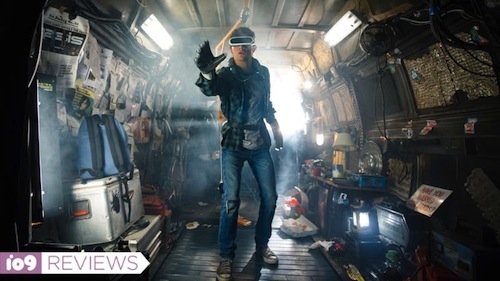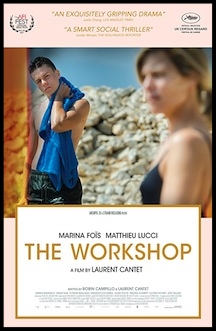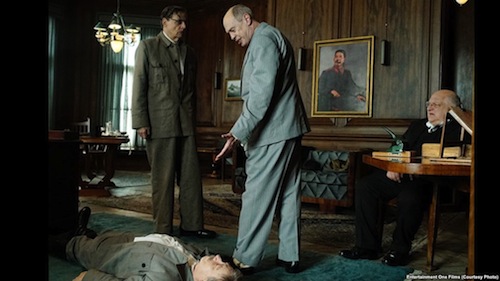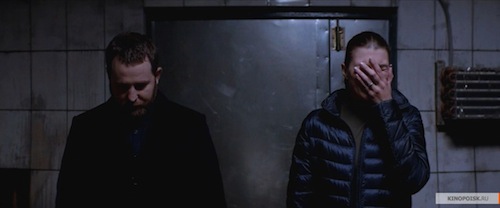Directed by Erika Cohn
Country: USA
Didactic and admirable, Erika Cohn’s “The Judge” kicks off with an excerpt of Quran’s fourth chapter Surat An-Nisa (translated Women): “Indeed, Allah commands you to render trusts to whom they are due and when you judge between people to judge with justice.”
This is a responsive documentary centered on Kholoud Al-Faqih, the first female judge officially accepted in Palestine’s Sharia courts, where family issues are handled. Kholoud and her colleague Asmahan Wuheidi started working in 2009 under the supervision of Chief Justice Sheikh Tayseer al-Tamimi, who, despite initially reluctant in giving them the position, didn’t regret his decision. After all, they have beaten all their male competitors.
Besides abiding by an impartial justice, a deficient aspect in the Arab countries when it comes to women’s rights, Kholoud is a respected wife and dedicated mother living in West Bank’s Best Rima. Her lawyer husband, being as stubborn as she is, felt an immediate chemistry after an argument with her the first time they met in a court case. Fearless and indefatigable, she handles a courtroom full of condescending men by exerting authority and moral integrity.
However, this brave woman had to dive deeply into the roots of Islamic law to prove she had the right to follow this profession, even having to fight with fundamentalists like Dr. Husam Al-Deen Afanah, a hyper-conservative Islamic scholar who opposes every idea related to women occupying important positions. Men with similar ideals are responsible for the escalating abuse of power that allows traditions to overrule Sharia’s law. Sadly, they only see women as instruments of pleasure and conception. It’s infuriating hearing Afanah explaining why certain roles in the society are exclusively tailored for men - “If she gives birth, if she is pregnant or bleeding, she is bound by these things, which affect her work”, he tactlessly states.
Most of the cases she has to judge fall into domestic violence, alimony, inheritance, and divorce. Women, whose religious education is faulty in terms of gender equality, file 80 % of them.
Even if a bit more of historical and cultural insight about Palestine would have favored the account, the film is very informative and optimistic. Yet, it only surprises when tackling topics such as unsubstantiated honor killings or describing a shocking murder case occurred in the middle of a court session due to disregarded mental illness.
Seen as a role model, Kholoud alerts for the necessity of women to be involved in Sharia courts while encouraging them to persist in their fight for justice. For now, and regardless the temporary hardships she was subjected to, especially after the controversial dismissal of Al-Tamimi, she is winning this battle. It would be amazing if other Islamic countries could follow the example.




























































